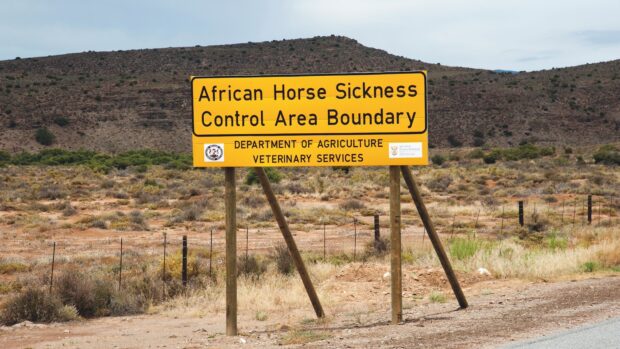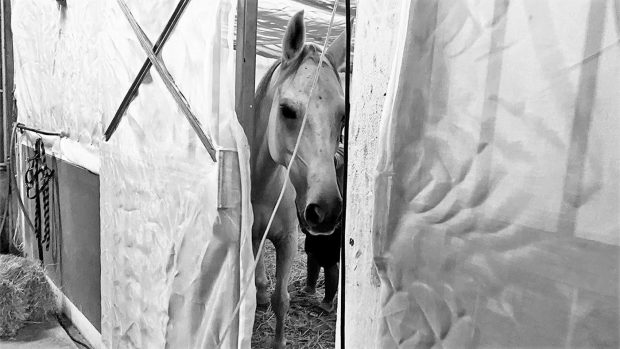Research into the financial and logistical impact of an African Horse Sickness (AHS) outbreak has been commissioned by the UK horse industry’s AHS Working Group.
The findings of the £9,000 project, funded by the horse industry, will be used to help raise money for a UK vaccine, to lobby for changes to the EU rules on AHS and to form the basis of a plan the event of an outbreak in this country.
Professor Tim Morris director of equine science and welfare at the British Horseracing Authority, who is part of the group, told H&H: “The EU directive on AHS was last reviewed in 1992.
“At that time the idea was to impose movement restrictions and close everything down but we would now try to keep as much [of the horse industry] open as possible.
“Movement restrictions could cut Newmarket and Lambourn off from the rest of the country which would be a major problem.
“We do not want restrictions that choke the industry and don’t benefit disease control.”
The project will be carried out by agricultural economists at the University of Reading with input from racing, feed and saddlery companies, livery yards and riding schools, equine charities, vets and farriers.
AHS is currently confined to Sub-Saharan Africa but has spread as far north as Morocco and the Middle East. An outbreak in Spain in the late 1980s and early 1990s was probably caused by infected zebras imported from Africa.
Epidemiologist Anthony Wilson, of the Institute for Animal Health, Pirbright, puts the cost of a UK AHS outbreak at billions of pounds.
He predicted top breeders would have to build expensive midge-proof stabling as AHS is spread by the culicoides midge, the same one that carries Bluetongue.
There is no vaccine for AHS available in the UK and those from overseas involve a live virus which if used would compromise our AHS-free status and cause great problems to horse imports and exports.
Chris Oura, the head of the AHS reference laboratory at Pirbright, said: “It is very important that we can create a safe vaccine.
“Just one bite from an infected midge is enough to pass AHS to a horse and 90 per cent of horses infected would die.”
The full results of the research will be published by the end of the year.
This article was first published in Horse & Hound (30 July, ’09)



